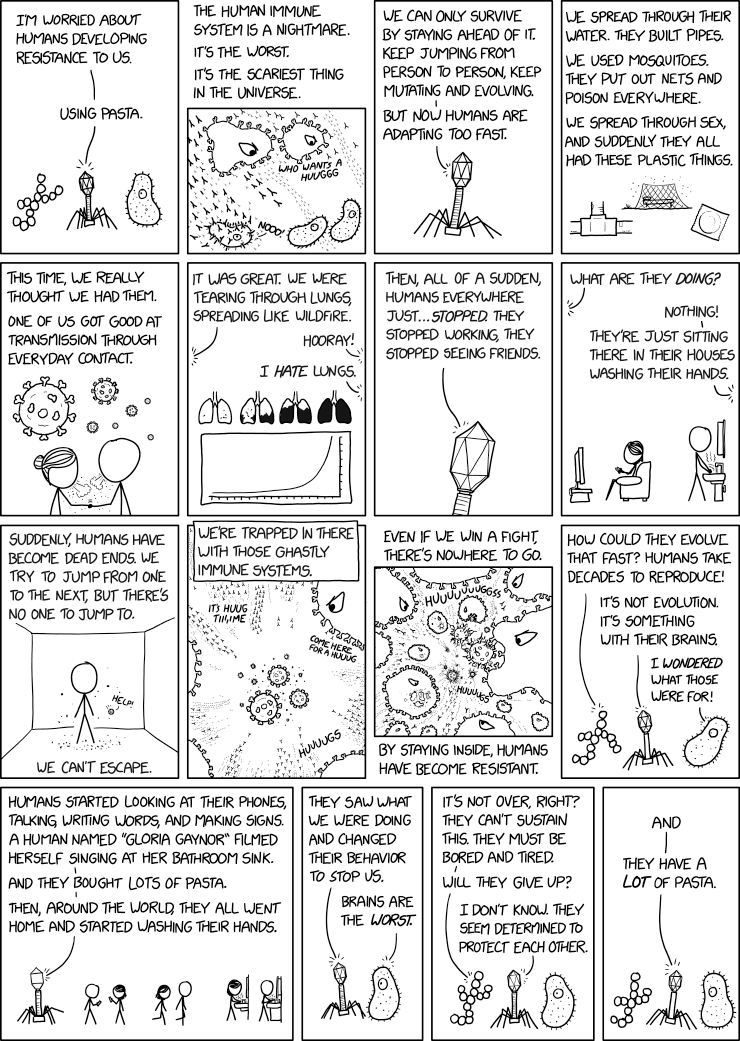The Oxford English Dictionary says that the intransitive verb hunker is originally Scottish; its origin, obscure. The dictionary makes comparisons to words in a variety of languages: Middle Dutch, Middle Low German, Dutch, and Old Norse. And there’s the modern German hocken, “to sit on the hams or heels, to squat.”
And to hunker was, at first (1720), to squat: “to squat, with the haunches, knees, and ankles acutely bent, so as to bring the hams near the heels, and throw the whole weight upon the fore part of the feet.” Later (1790) the word acquired a pejorative meaning: “to cower or squat in a lowly manner.”
The meaning I wanted, with down, is “originally and chiefly U.S.” and entered the dictionary as a draft addition in 1993:
to concentrate one’s resources, esp. in unfavourable circumstances; to dig in, buckle down; spec. (frequently in Military contexts) to shelter or take cover, lie low.
The dictionary’s first citation for this meaning is from 1903. I like this second citation, from
Chemical Week (1975): “There comes a time . . . when you should hunker down and ride out the storm.”
I hope that you, reader, are hunkered down and riding out the storm.






